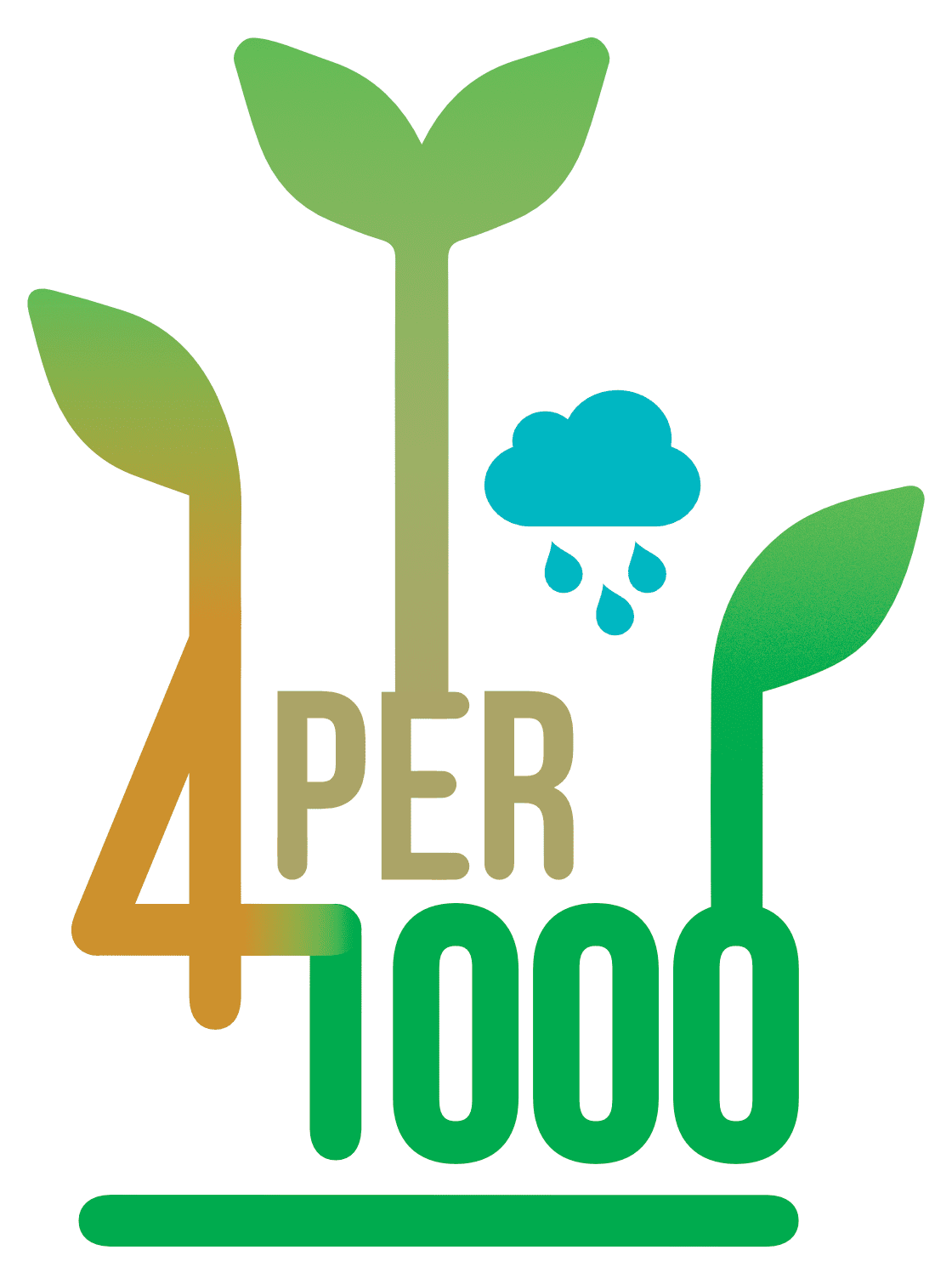The resources of the Initiative
In this section, find the resources (various documents, reports, videos, etc.) published by the “4 per 1000” Initiative and its Partners.
Sort By
- Title
“Soil carbon sequestration through adopting sustainable management practices: potential and opportunity for the American countries” – 2021 – IICA/ C.E.P.Cerri, M.R.Cherubin, J.M.Damian, F.F.C.Mello, Rattan Lal
Instituto Interamericano de Cooperación para la Agricultura (IICA)
Carlos Eduardo Pellegrino Cerri, Maurício ...
“Soil carbon stock changes in tropical croplands are mainly driven by carbon inputs” – 2018 – K.Fujisaki, T.Chevallier, L.Chapuis-Lardy, A.Albrecht & al
Kenji Fujisaki, Tiphaine Chevallier, Lydie Chapuis-Lardy, Alain Albrecht, Tantely Razafimbelo, Dominique Masse, Yacine Badiane Ndour, Jean-Luc Chotte.
Soil organic carbon (SOC) balance is an important component of the terrestrial carbon (C) budget. However, effect of cropland management changes on SOC dynamics has not been recently assessed in the tropics.
“Soil carbon stocks under different land uses and the applicability of the soil carbon saturation concept” – 2019 – S.Chen, D.Arrouays, D.A.Angers, M.P.Martin & C.Walter
Songchao Chen, Dominique Arrouays, Denis A.Angers, Manuel P.Martin, Christian Walter.
Increasing soil organic carbon (SOC) stocks via land management has been proposed as a temporary climate change mitigation measure.
“Soil offers key to curbing climate change, Efforts to boost carbon capture could offset increases in GHG emissions” – 2020 – Financial Times
Ross Tieman in Financial Times - June 25, 2020
“Soil organic carbon commitments under three Rio Conventions: Opportunities for integration” – 2022 – Liesl Wiese-Rozanov
Liesl Wiese-Rozanov in Elsevier ScienceDirect Soil Security 6 - March 2022
“Soil Organic Carbon Stocks in Afforested Agricultural Land in Lithuanian Hemiboreal Forest Zone” – 2021 – I.Varnagirytė-Kabašinskienė & al
Iveta Varnagirytė-Kabašinskienė, Povilas Žemaitis, Kęstutis Armolaitis, Vidas Stakėnas & Gintautas Urbaitis - ...
“Soil organic carbon storage as a key function of soils – A review of drivers and indicators at various scales” – 2019 – Martin Wiesmeier & al
Martin Wiesmeier, Livia Urbanski, Eleanor Hobley, Birgit Lang, Margit von Lützow, Erika Marin-Spiotta, Bas van Wesemael, Eva Rabot, Mareike Ließ, Noelia Garcia-Franco, Ute Wollschläger, Hans-Jörg Vogel, Ingrid Kögel-Knabner.
The capacity of soils to store organic carbon represents a key function of soils that is not only decisive for climate regulation but also affects other soil functions.
“Soil organic matter in major pedogenic soil groups” – 2021 – Ingrid Kögel-Knabner, Wulf Amelung
Ingrid Kögel-Knabner, Wulf Amelung in Elsevier ScienceDirect Geoderma Vol.384 - 15 February 2021
“Soil Power! The Dirty Way to a Green Planet” – 2017 – New York Times
Jacques Leslie in The New York Times - Dec 2, 2017
“Soil science in transition-(re)defining its role under the global ‘4 per 1000’ initiative” – 2021 – Abad Chabbi, I. Kögel-Knabner, Cornelia Rumpel
Abad Chabbi, I. Kögel-Knabner, Cornelia Rumpel in Elsevier Geoderma Vol.385 - 1 March 2021
“Soil sciences and the French ‘4 per 1000’ Initiative: The promises of underground carbon” – 2018 – J.Kon Kam King, C.Granjou, J.Fournil & L.Cecillon
The Paris Agreement reached at the COP 21 signals the new centrality of carbon sinks, including soils, as a key means of enabling a net zero carbon global balance through the development of ‘negative emission technologies’.
